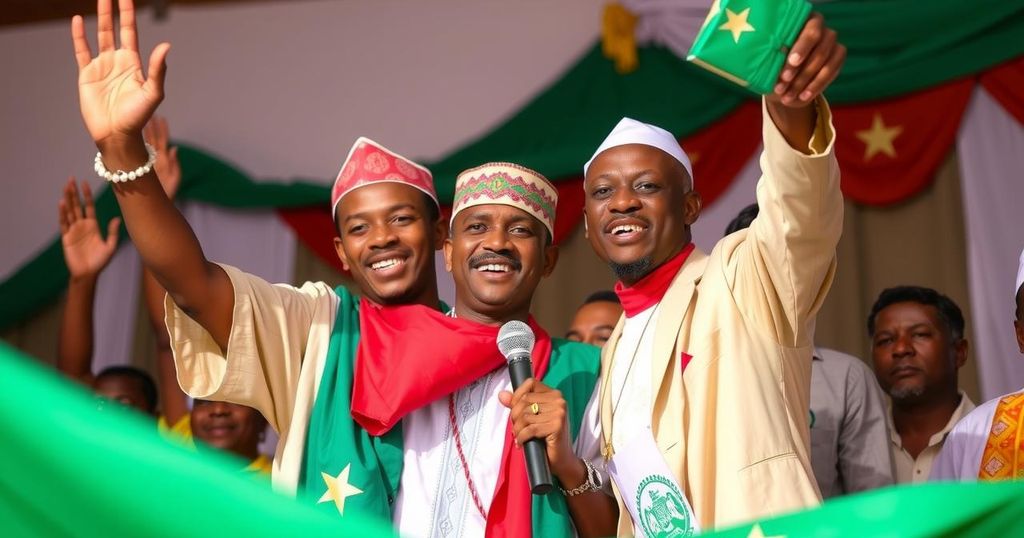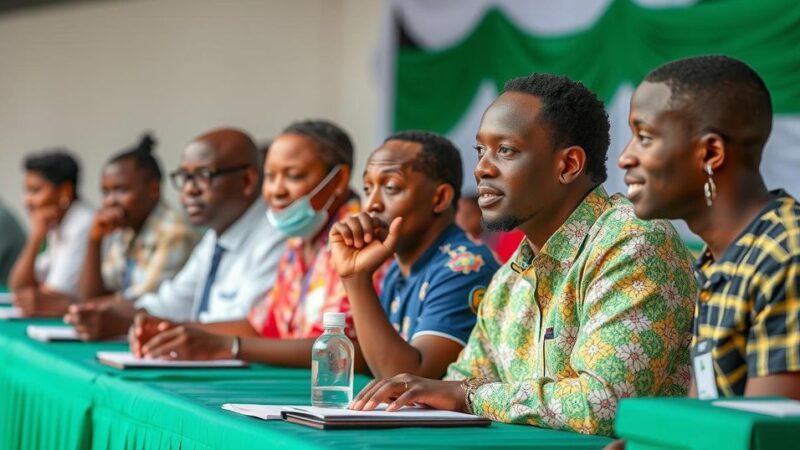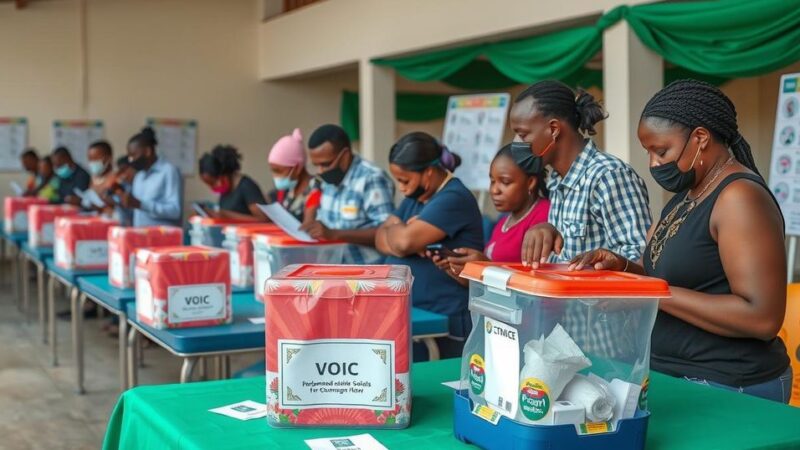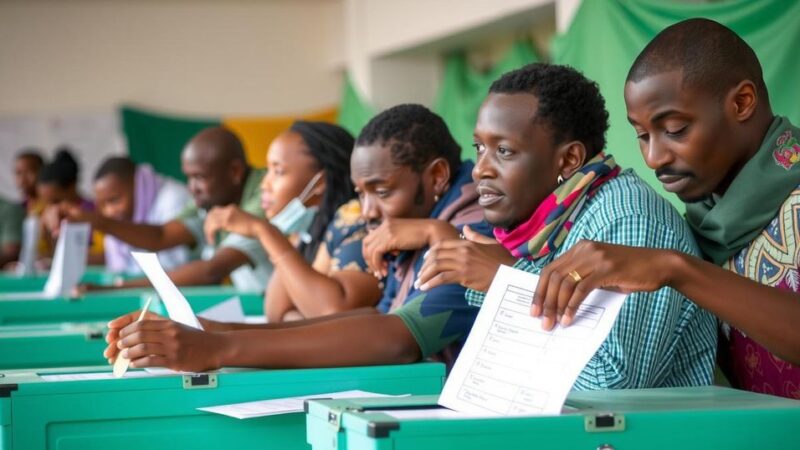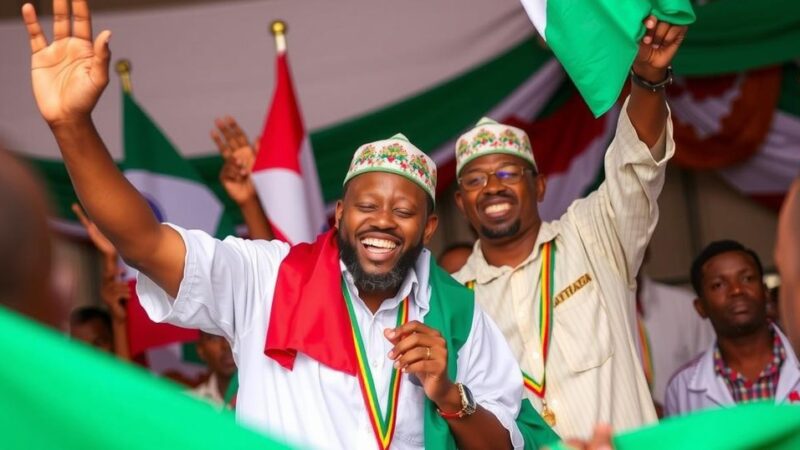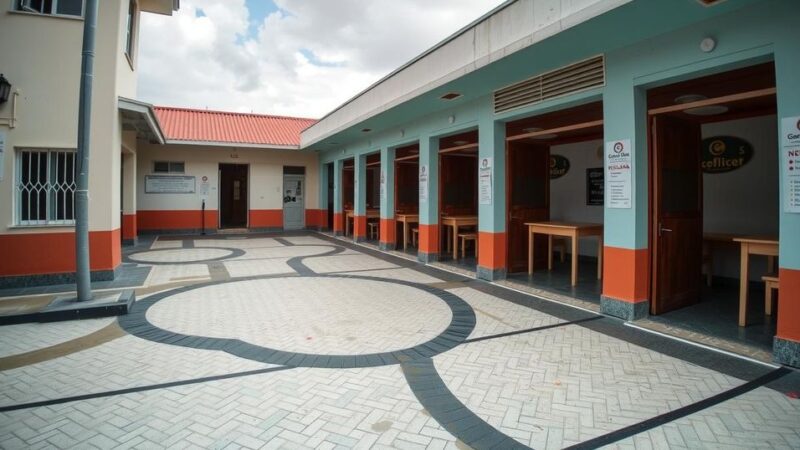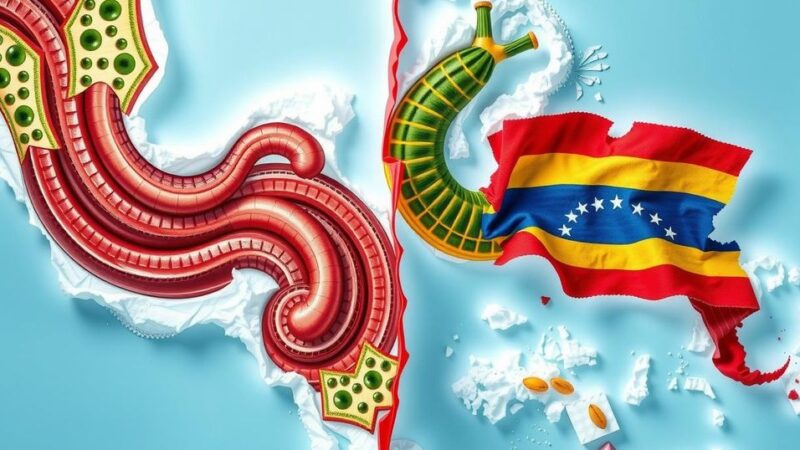Chad’s ruling party, the Patriotic Salvation Movement, has won a majority in the parliamentary elections, securing 124 out of 188 seats amid a boycott by major opposition parties. The election, part of Chad’s transition to democracy, experienced a 51.5% voter turnout. It follows President Mahamat Idriss Deby’s military leadership which began in 2021 after his father’s death. The main opposition criticized the elections as a facade, fearing a replication of prior electoral disputes.
Chad’s ruling Patriotic Salvation Movement (MPS) has secured a parliamentary majority in last month’s elections, despite a boycott from the primary opposition parties. The provisional results indicate that the MPS won 124 out of 188 parliamentary seats, with a voter turnout recorded at 51.5%. This election marks the first parliamentary contest in over a decade and is part of a broader transition to democracy following Mahamat Idriss Deby’s military takeover in 2021, after the death of his father, former President Idriss Deby Itno.
President Deby highlighted that these elections would help advance decentralization efforts, aiming to distribute political power more evenly across provincial and municipal levels. However, the main opposition, including the Transformers party led by Succes Masra, dismissed the election as a mere “charade,” fearing a repetition of the controversial presidential vote from the previous year. The opposition’s boycott and critical stance have cast doubts on the legitimacy of the electoral process, which has faced heightened scrutiny due to the ongoing security issues confronting Chad, particularly in relation to militant threats from Boko Haram.
In addition to parliamentary elections, regional and municipal elections were also held, culminating in a significant period of political change for Chad. This electoral exercise was aimed at bolstering stability amid a backdrop of declining relations with France, a long-standing defense partner, further complicating the country’s geopolitical landscape. The absence of significant opposition participation raises concerns about the future of democracy in Chad, as the government faces multiple challenges both internally and externally.
The parliamentary elections that took place in Chad are of paramount significance, occurring after a decade-long hiatus from electoral processes in the country. Following the military coup led by Mahamat Idriss Deby in 2021, the elections are perceived as a critical benchmark in a transitional phase towards democratic governance. The previous regime, under Idriss Deby Itno, maintained a firm grip on power for three decades. The elections also come at a time of considerable instability in the region, exacerbated by terrorist activities and evolving international relationships, particularly with key allies.
In summary, the recent parliamentary elections in Chad have resulted in a decisive victory for the ruling Patriotic Salvation Movement, amidst widespread boycott and skepticism from major opposition factions. The implications of this electoral outcome extend beyond parliamentary dynamics; it raises pertinent questions regarding the future of democratic governance in Chad, particularly against the backdrop of significant security challenges and evolving geopolitical relations. The electoral participation and legitimacy will remain focal points in the nation’s transition to democracy.
Original Source: www.seattletimes.com

